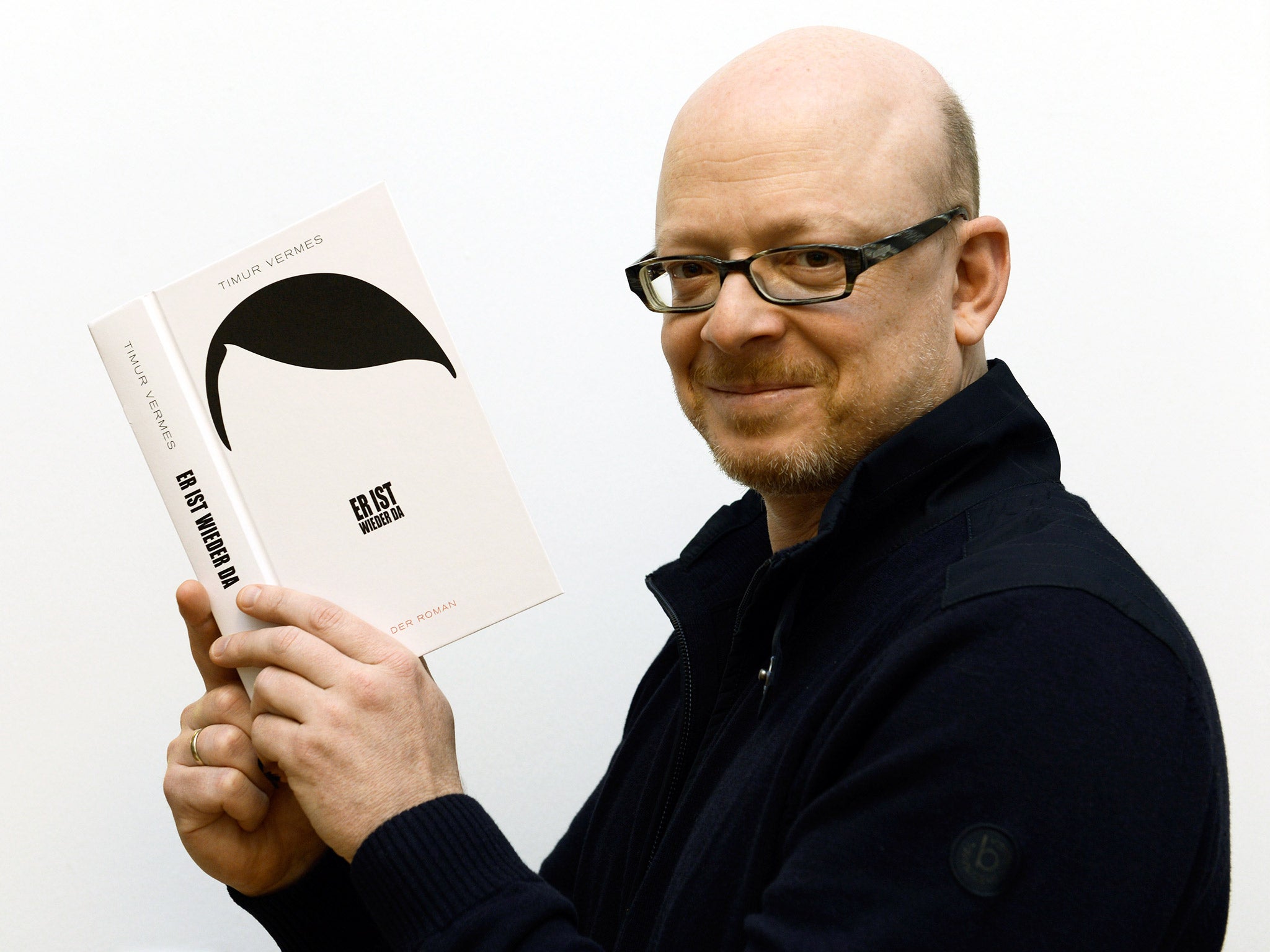Independent Foreign Fiction Prize: Some tales are truly found in translation
The prize can often signpost change in the literary balance of power


Your support helps us to tell the story
From reproductive rights to climate change to Big Tech, The Independent is on the ground when the story is developing. Whether it's investigating the financials of Elon Musk's pro-Trump PAC or producing our latest documentary, 'The A Word', which shines a light on the American women fighting for reproductive rights, we know how important it is to parse out the facts from the messaging.
At such a critical moment in US history, we need reporters on the ground. Your donation allows us to keep sending journalists to speak to both sides of the story.
The Independent is trusted by Americans across the entire political spectrum. And unlike many other quality news outlets, we choose not to lock Americans out of our reporting and analysis with paywalls. We believe quality journalism should be available to everyone, paid for by those who can afford it.
Your support makes all the difference.The long-list for this year’s Independent Foreign Fiction Prize features five novels translated from German. They make up a third of the total 15. And three of them are, in utterly different ways, very funny.
As Britain’s leading honour for fiction in translation, the Independent prize can often signpost change in the literary balance of power. There’s a proviso: the judges can only select from the books that made their way into English in UK editions. Their numbers still leave a lot to be desired. Still, this extraordinary showing for German-language fiction ought to make even the most parochial of readers sit up and take notice. We can do so, thanks to the sometimes unsung art of the first-class translators who bring these books to us.
Yes, 2014 was a jubilee year for German literary imports in one obvious sense. The 25th anniversary of the fall of the Berlin Wall focused the minds of British publishers. We saw a deeper sample of recent fiction in translation.
That broader choice allows UK readers to appreciate the strength-in-depth of German-language fiction now. It encompasses every kind of comedy. In the edgy satire of Look Who’s Back, Timur Vermes – the Sacha Baron Cohen of German literature – plants an undead Adolf Hitler in today’s media-driven, celebrity-crazed Berlin. In F, the Vienna-raised but Berlin-based Daniel Kehlmann balances a feather-light touch with emotional depth in a smart farce of ideas which fans of Michael Frayn may love.
In Judith Schalansky’s The Giraffe’s Neck, we dive into the provincial backwaters of former East Germany, to a school from hell and a teacher in denial. Beyond the agony, Mike Leigh-style, there’s deep, dark laughter here.
Elsewhere, The End of Days by Jenny Erpenbeck brilliantly focuses an entire century of European upheavals into the turning points of one woman’s life. And in her debut Tiger Milk, Stefanie de Velasco follows two teenage wild girls on their misadventures through the mixed-up city. It’s Zadie Smith territory, but with a Berlin twang.
Join our commenting forum
Join thought-provoking conversations, follow other Independent readers and see their replies
Comments